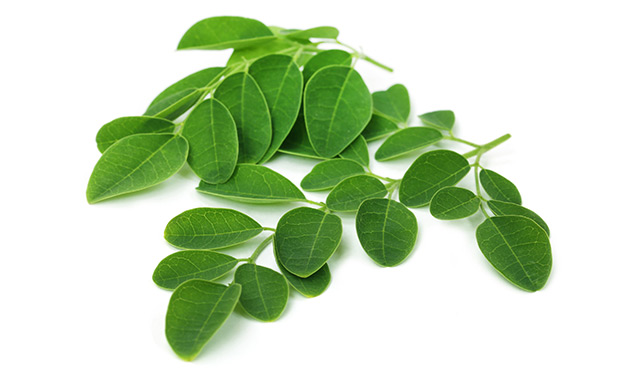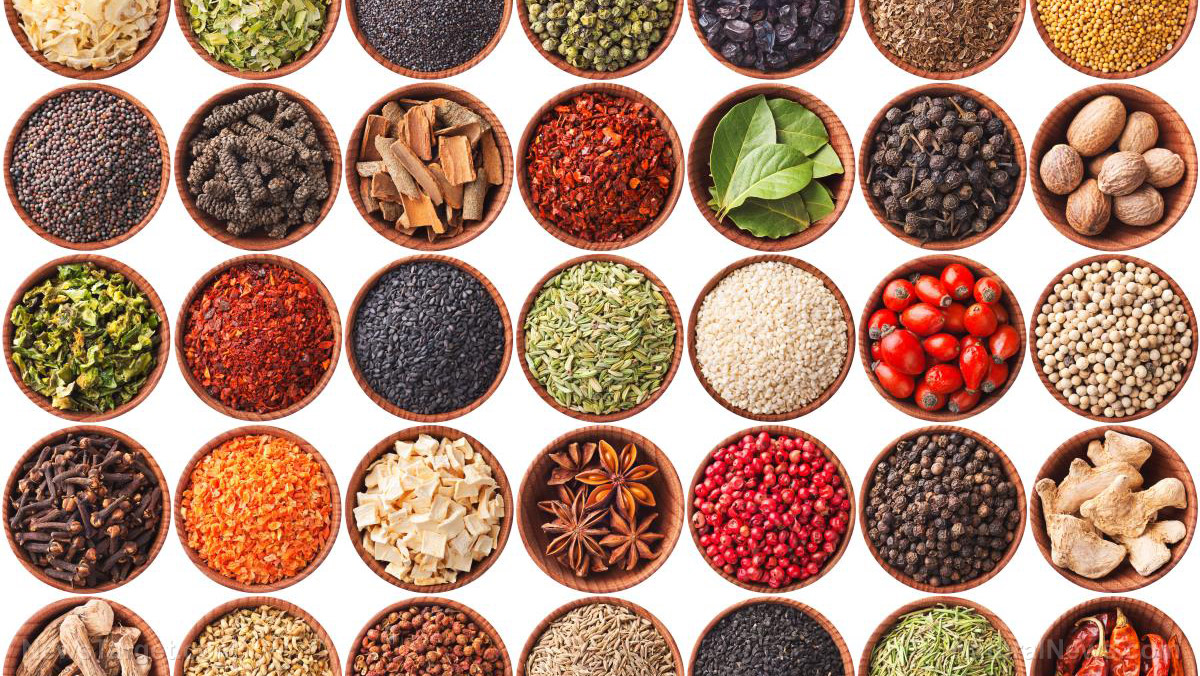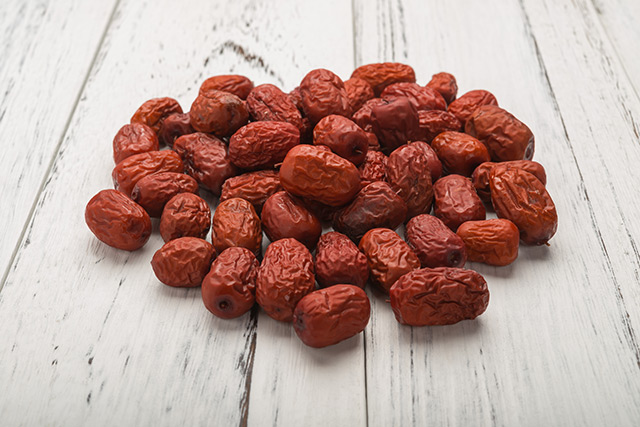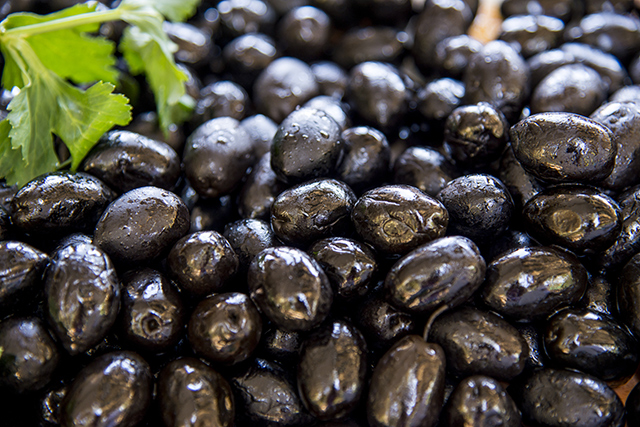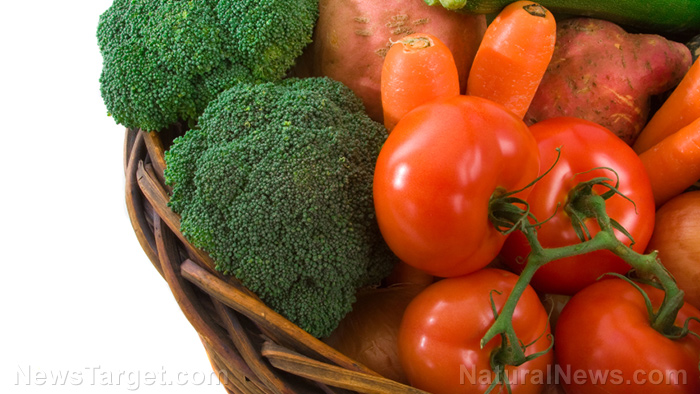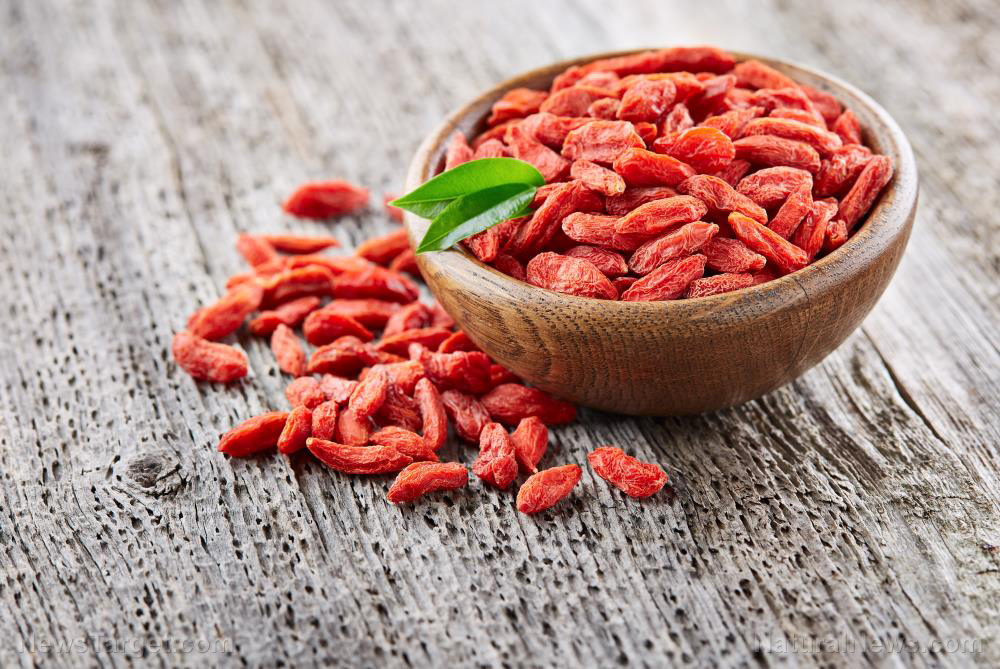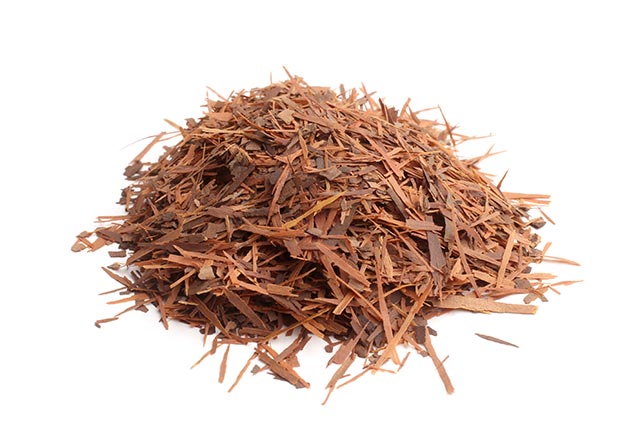China research: Rhubarb relieves gastrointestinal dysfunction in critically ill patients without any side effects
08/16/2018 / By RJ Jhonson

As yet another proof that eating rhubarb is good for you, a study published in the publication Chinese Medical Journal discusses how the vegetable can relieve gastrointestinal dysfunction in critically ill patients without any adverse effects on their already precarious health.
Gastrointestinal dysfunction refers to a number of conditions characterized by an otherwise normal-looking gastrointestinal tract but one that does not function normally. It is commonly associated with a variety of critical diseases, such as Parkinson’s disease, among others.
Constipation is one of the many symptoms of gastrointestinal dysfunction. To normal individuals, it may not seem like much of a problem. But to people with a critical illness, it can be a matter of life and death. Gastrointestinal dysfunction may prevent the patient’s body from receiving much-needed nutrients and expelling toxic substances, after all.
Earlier studies have linked rhubarb to improvements in gastrointestinal function, but these benefits have not been thoroughly studied. Researchers from Shanghai’s Second Military Medical University sought to validate the claim through a scientific inquiry.
From June 2016 to May 2017, they recruited a total of 386 patients with grade I to III acute gastrointestinal injury (AGI), whom they divided into two groups: control (149 patients) and those treated with rhubarb (219 patients).
The researchers collected clinical data within 24 hours after the participants were admitted to the intensive care unit (ICU). They gathered the next batch of data after seven days, as well as survival data 28 days after the patients’ admission to the ICU. Finally, they determined how long the patients stayed in the ICU.
They found that patients in the treated group experienced a higher remission rate of feeding intolerance compared to the control group – 77.9 percent for the former versus the latter’s 30.9 percent. The rate of AGI improvement was also greater among the rhubarb-treated group.
The treated group did not stay in the ICU as long as the control group. Finally, no adverse effects were recorded among the member of this group.
The benefits of eating rhubarb
Rhubarb is one of those vegetables you hear a lot of good things about. Here are some of the reasons you need to make it part of your diet.
- It contains a lot of nutrients – Rhubarb is rich in health-boosting nutrients, such as vitamins, antioxidants, minerals, and dietary fiber. The vegetable is a rich source of vitamin K, vitamin C, calcium, potassium, magnesium, protein, and manganese, among others. It also contains lutein, zeaxanthin, and beta-carotene.
- It helps with weight loss – Despite its nutritional content, rhubarb is notably low in calories – just a meager 21 calories for every 100 grams. That said, it makes for a filling meal for those who are conscious about their caloric intake.
- It helps lower the risk of heart disease – Because it contains very low levels of fat and cholesterol, it poses little to no threat to your cardiovascular system. In fact, its nutrients, such as magnesium, potassium, and dietary fiber, are essential to healthy heart function and lower risks of heart conditions.
- It helps to improve blood circulation – Rhubarb contains copper and iron, nutrients that help stimulate the body’s production of red blood cells. Its potassium content lowers blood pressure to reduce the strain on your blood vessels.
- It’s great for your skin – The presence of antioxidants like vitamins A and C make rhubarb skin-friendly. These nutrients also help improve your protection from skin infections.
- It’s great for your eyes – Vitamins A and C, as well as lutein and zeaxanthin, help promote eye health and prevent eye-damaging conditions like macular degeneration and cataracts.
- It helps with diabetes – Rhubarb contains rhaponticin, a compound that is proven to help control blood sugar levels. (Related: The neuroprotective potential of rhubarb in treating traumatic brain injury.)
- It helps prevent cancer – Its rich antioxidant content make rhubarb effective for preventing cell damage from the action of free radicals. High concentrations of free radicals cause oxidative stress, which has been linked to various conditions, including cancer.
Learn of the other benefits of eating rhubarb and other vegetables at Veggie.news.
Sources include:
Tagged Under: critical illness, food as medicine, food cures, functional food, gastrointestinal dysfunction, healing food, nutrients, nutrition, phytonutrients, remedies, research, rhubarb, vegetables

